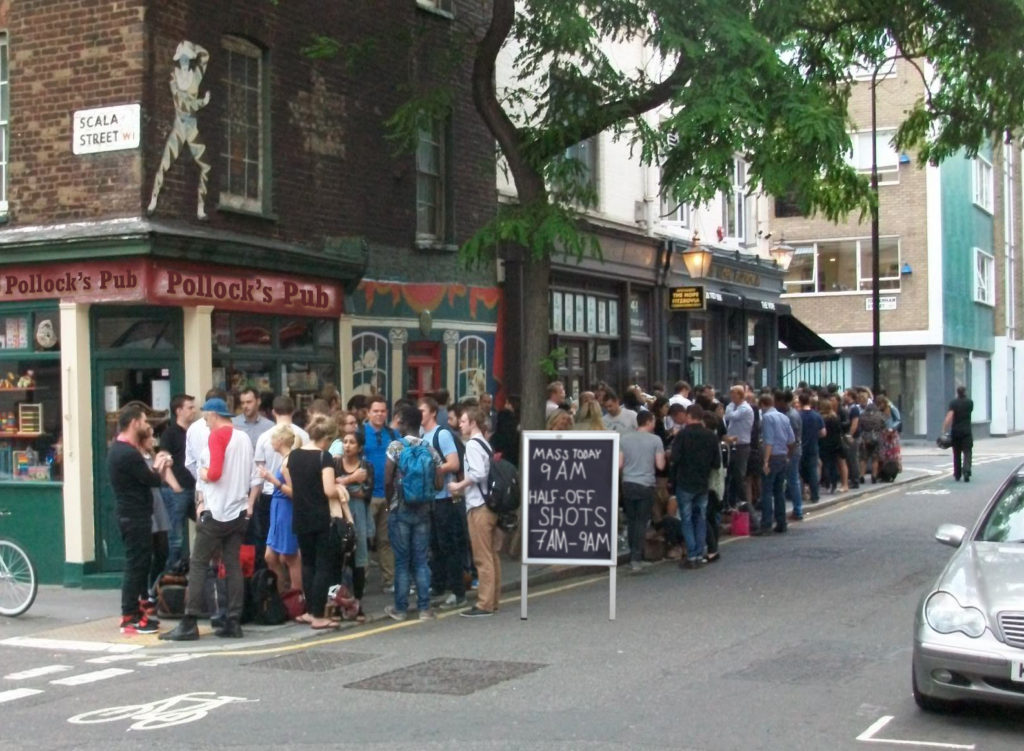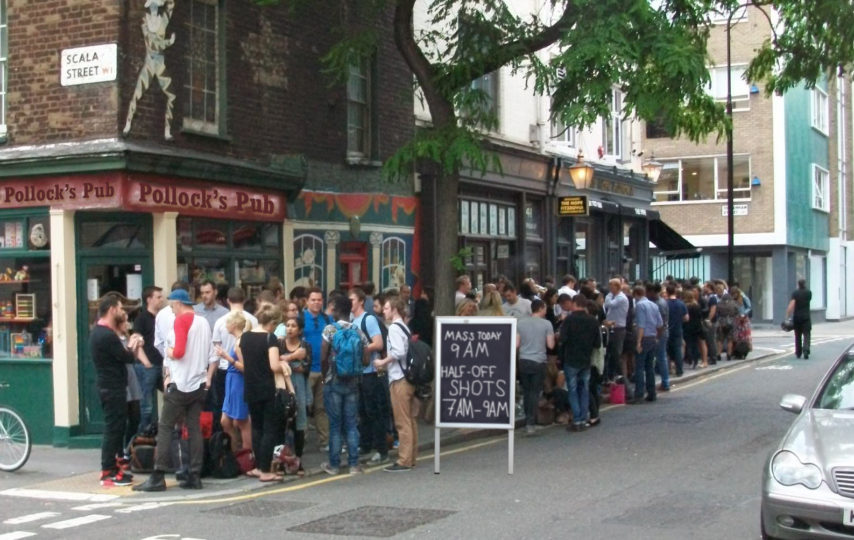
Photo by: Jen Windsor
For the first time in history, the Vatican has selected to change the date of this year’s St. Patrick’s Day from March 17 to March 28, the day directly following the end of Lent, in order to “get super smashed guilt-free like everybody else.”
The Vatican explained its decision-making process during a press conference.
“Lent is a time of spiritual revival and growth,” Pope Francis commented. “All over the world, Catholics are self-reflecting deeply and trying to improve who they are. Unfortunately, ‘Catholic guilt’ makes people feel horrible about spending a night partying instead of sitting in a dark corner dwelling on their mountain of sins. Now that Saint Patrick’s Day has been moved, Catholics can do both guilt-free. Plus the Cardinals really wanted to go to this one St. Patrick’s Day party.”
“During Lent, Catholics must undergo extensive sacrifice: not eating meat on Fridays, except fish, which doesn’t count; frequently considering the struggles of the underprivileged; and sometimes even abstaining from sugary beverages or candy,” said local Catholic Michele Douglas. “It’s six weeks of Hell but in the end, we’re all such better people for it. Like those people who go to Africa to build schools, but instead of doing it in person, we do it in prayer.”
While the aforementioned sacrifices seem nearly insufferable, to most it’s the partaking in indulgences that reportedly hurt Catholics the most.
“As any Irishman will attest to, getting drunk and having a good time on Saint Patrick’s Day, although technically sanctioned by the church as an exception to the Lentin period, still causes extreme guilt and self-loathing to most Catholics,” explained Father Ben Meyers, a local priest. “This same self-loathing has been the cause of a large amount of St. Patrick’s Day tragedies. On March 17, 1854, a Lenten Friday, a young Spanish woman got intoxicated and accidently ate a small piece of cured Iberian ham. The following morning upon realizing what she had done, the woman tried to make herself throw up, but when she failed, she vowed to never eat meat again on a day she described as “truly saddening.”
“I love St. Patty’s Day,” stated Sean Michael Mac’O’Aherne, Vice President of the church’s Group for Inebriation with Nonexistent Guilt and Regret, or GINGR. “But what hurts even more than the pounding headache, nausea, and lack of memory is the crushing, crippling Catholic guilt that comes with knowing you had a pleasure-filled night during Lent. For this reason, we have chosen to move the holiday to March 28, directly following Easter.”
Upon making the decision, GINGR members explained: “This was not a decision we took lightly. Many people back home aren’t too happy with changing to a later date. We in GINGR understand perfectly that seven is a lucky number, but after seeing the way people beat themselves up afterwards we had to do something. Change was necessary.”
Most Catholics supported the decision but a few orthodox individuals and groups have begun to denounce it. Catherine Anne O’Collin was in Vatican City when the announcement was made.
“St. Patrick’s day guilt is a staple for Lent. It’s that guilt that really tortures the soul and puts any good Catholic into the Lenten spirit!” she said.
New York City, which houses a major St. Patrick’s Day celebration each year, has yet to comment on whether or not they will change the official date of said celebration to match the new Catholic date. When interviewed, a city resident commented, “Honestly I’m not Catholic and I’m fine with the change. I mean I’ll probably still drink on March 17, but now I’ll have a socially acceptable reason to get drunk like a week later too.”
Written by: Nadia Link









